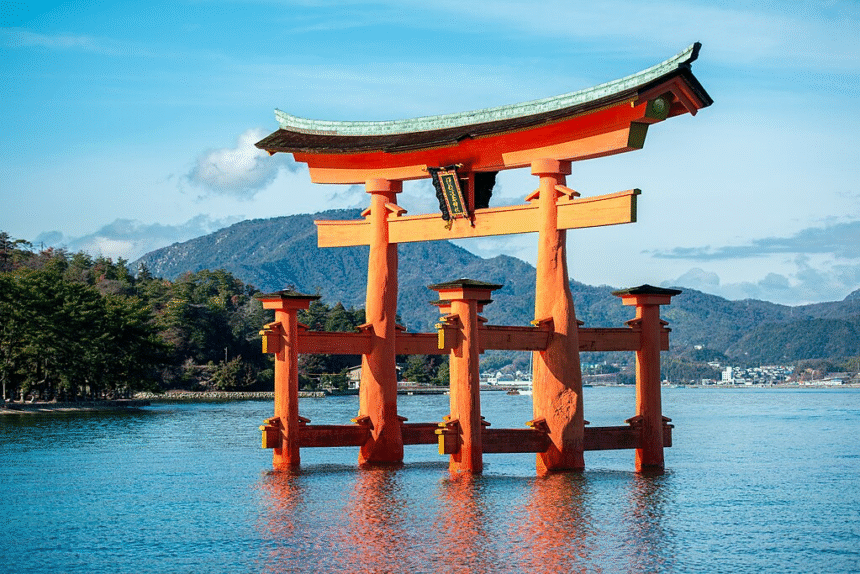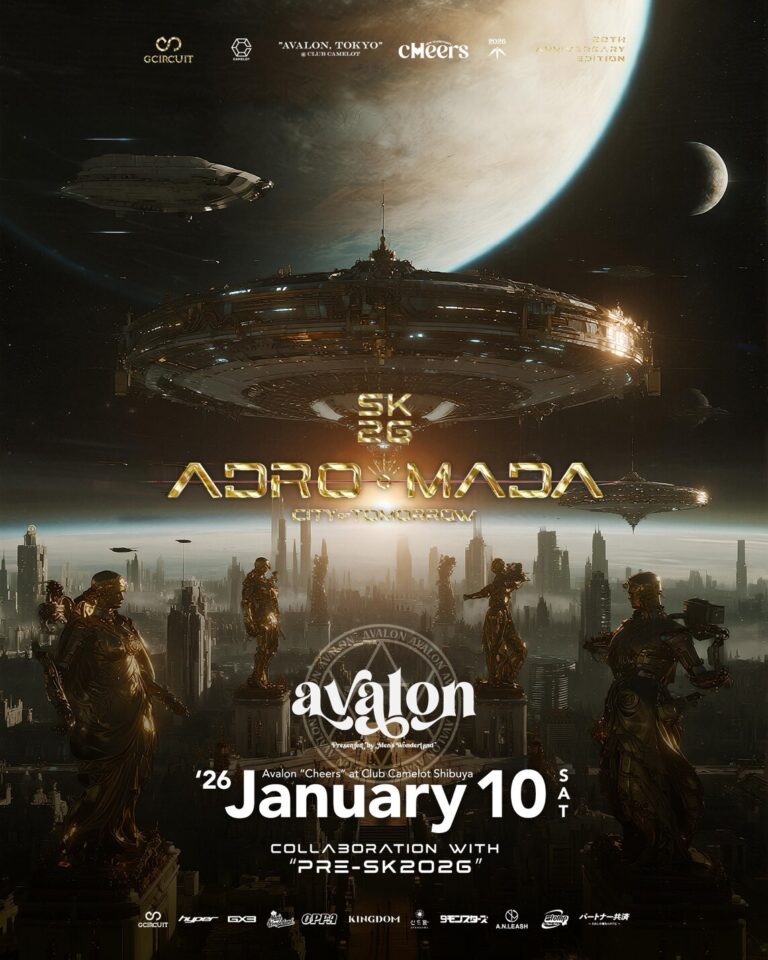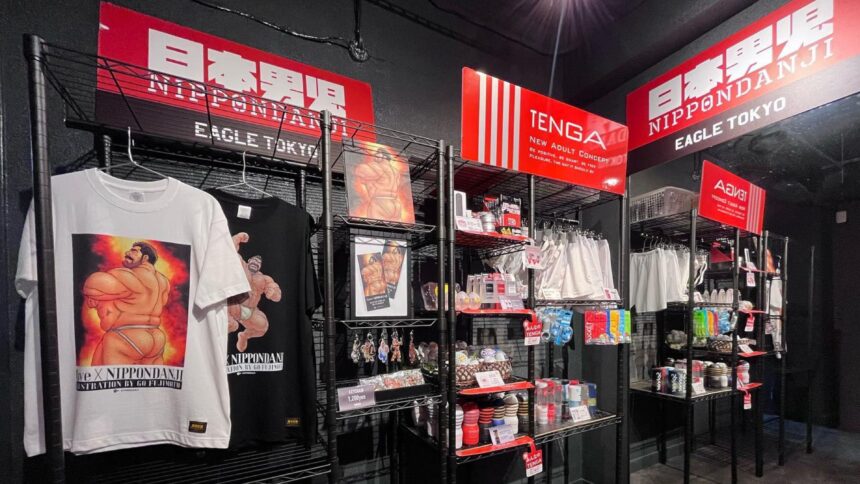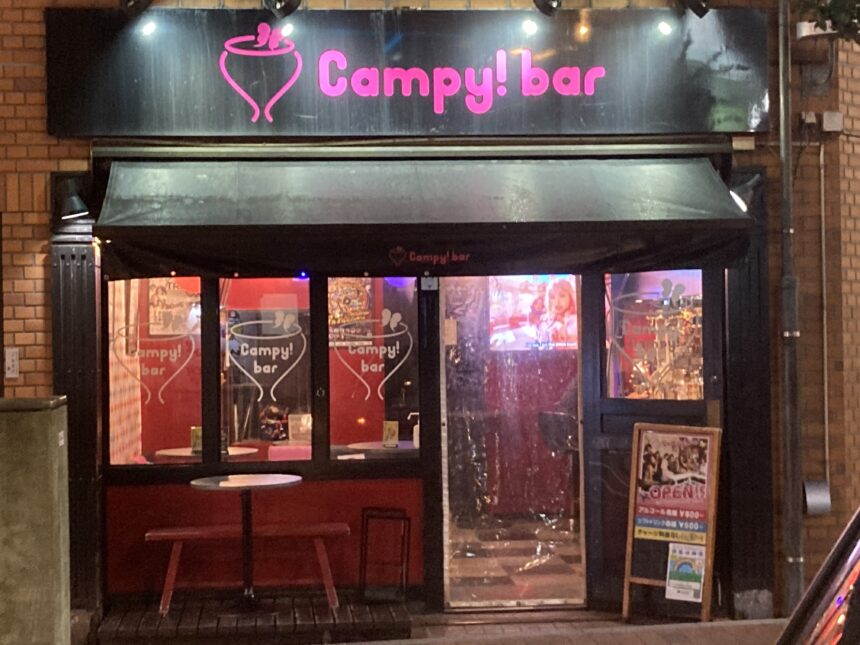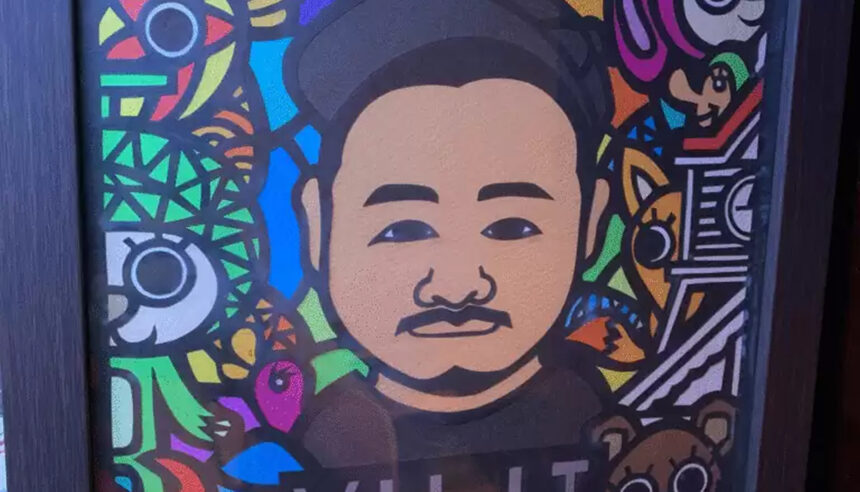While Japan isn’t synonymous with Hiroshima in the same sense that Tokyo or Kyoto are, it is nonetheless carries one of the most important legacies of all the cities in Japan. The site of one of the greatest tragedies of the Second World War — and indeed, in history — Hiroshima has since rebuilt itself to become one of the most successful cities in Japan.
The people of Hiroshima today are accustomed to visitors who are coming to the city to learn about its history and sample its delicacies, and so are very welcoming to everyone, including members of the LGBTQ+ community. Let’s go through some of the most important and enjoyable things that LGBTQ+ people can enjoy during a visit to Hiroshima.
Hiroshima Peace Memorial Museum
Naturally, the Peace Museum, in the center of the Peace Memorial Park, is an absolute must-visit for anyone visiting Hiroshima. It is naturally focused on the atomic bombings of the city in 1945, but also documents the lead-up to the attack: the actions that Japan and the United States had taken up to that point, and the state of Japan during the war at that point, all presented in a neutral and dispassionate manner.
In addition to giving the history the attack itself, it also details the days, weeks, and years that followed. Be warned, while this is an excellent museum, it can be harrowing at times, and it is far from unusual to find visitors in tears during and after their visit. I would personally recommend this museum highly, and you can also attend speeches made by hibakusha, or survivors of the atomic bombing, or legacy speakers, who are the descendants of hibakusha, with presentations given in both Japanese and English.

Miyajima
Officially known as Itsukushima, “Miyajima” is an affectionate name meaning “shrine island,” and it is one of the most popular tourist spots in Japan. The UNESCO World Heritage Site Itsukushima Shrine is nearly 900 years old, and some speculate that the origins of the shrine could even extend back to the 6th Century.

It is especially well known for its torii, or shrine gate. It was designed to sit on a pier-like structure, which creates the illusion that it “floats” at high tide. At low tide, you can approach this ancient marvel on foot, and in ancient times, commoners going to the shrine on boat at high tide were required to sail through the gate. It is a classic example of medieval Shinto architecture, and its preservation has been a priority for Japan for hundreds of years. It’s a piece of history, and well worth the visit.
Hiroshima Museum of Art
Nestled in Hiroshima Central Park, this nearly five decade old museum is home to a number of works by household name artists from the West, as well as contemporary Japanese paintings in traditional and Western styles.
Spanning the romantic era to the modern day, visitors can see works such as Pissarro’s Le Pont Neuf, Monet’s Paysage Hollande, Matinée sur la Seine, van Gogh’s Le jardin de Daubigny, and Danseuse tennant son pied droit avec sa main droite by Degat.
It also has special exhibitions which change roughly every two months, so even if you’ve visited before, there’s always a good reason to come back.

Hiroshima Cuisine
Hiroshima is a top location for absolutely exquisite food, and its flagship meal is okonomiyaki. A savory pancake that is also famed in the Kansai region, Hiroshima-style okonomiyaki sets itself apart by its layered cooking of ingredients, rather than mixing them together before cooking, and the inclusion of yakisoba noodles. It’s so good that some people from Hiroshima refuse to eat okonomiyaki unless they’re back home. For those who want to try a wide selection, you can visit Okonomiyakimura, a place with several floors filled with okonomiyaki stalls, so you can try all sorts of different varieties and discover your favorite.

Anyone visiting Miyajima should also take advantage of the opportunity to sample some of the fresh oysters, which can be enjoyed steamed, grilled, fried, or raw. You can mix up the flavors with a variety of sauces that the many stalls will have on offer.
LGBTQ+ Bars
Hiroshima’s gay scene is small, but what it lacks in size it makes up for in enthusiasm. One place that is welcoming to LGBTQ+ people of all stripes is Goli Macho, which is a mix bar that focuses on serving LGBTQ+ people. Cishet allies be warned: while you are welcome, anyone who is not a sexual minority pays a cover charge of ¥1,300, ¥500 more than the cover charge of ¥800 for LGBTQ+ customers. It has karaoke and a darts board, and while it does have English speaking staff, most guests will be speaking Japanese — at least until a little Dutch courage emboldens a few of the clientele!

Nagomi Wa (Nagomi 和) is an izakaya that exists to cater to queer women, though men are also welcome to drink (but check your calendars: some Fridays and Saturdays are women only!). It’s a small, intimate location, and the perfect place for mingling with other lesbian, bisexual, and pansexual women, but be aware that English is not spoken by the staff, so you might need to brush up on your Japanese.
In Summary
Hiroshima is a city that can bring out many emotions. From the beauty of its medieval beginnings, to the tragedy of its mid-century destruction, to the joy of the modern food and nightlife, it is a must-visit for anyone spending time in Japan.
